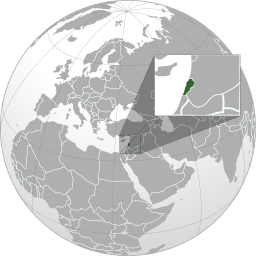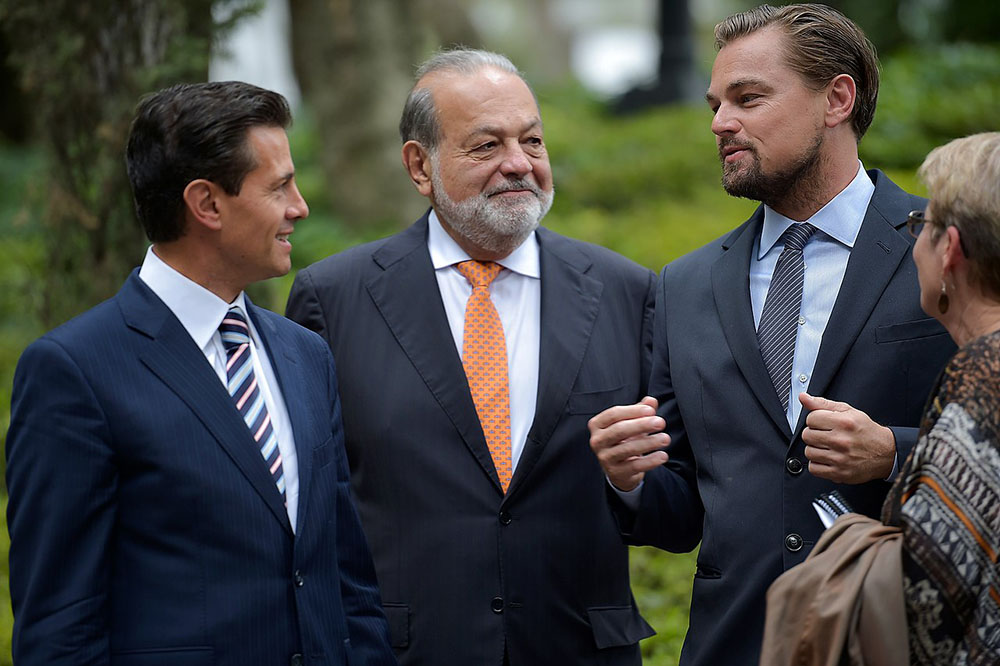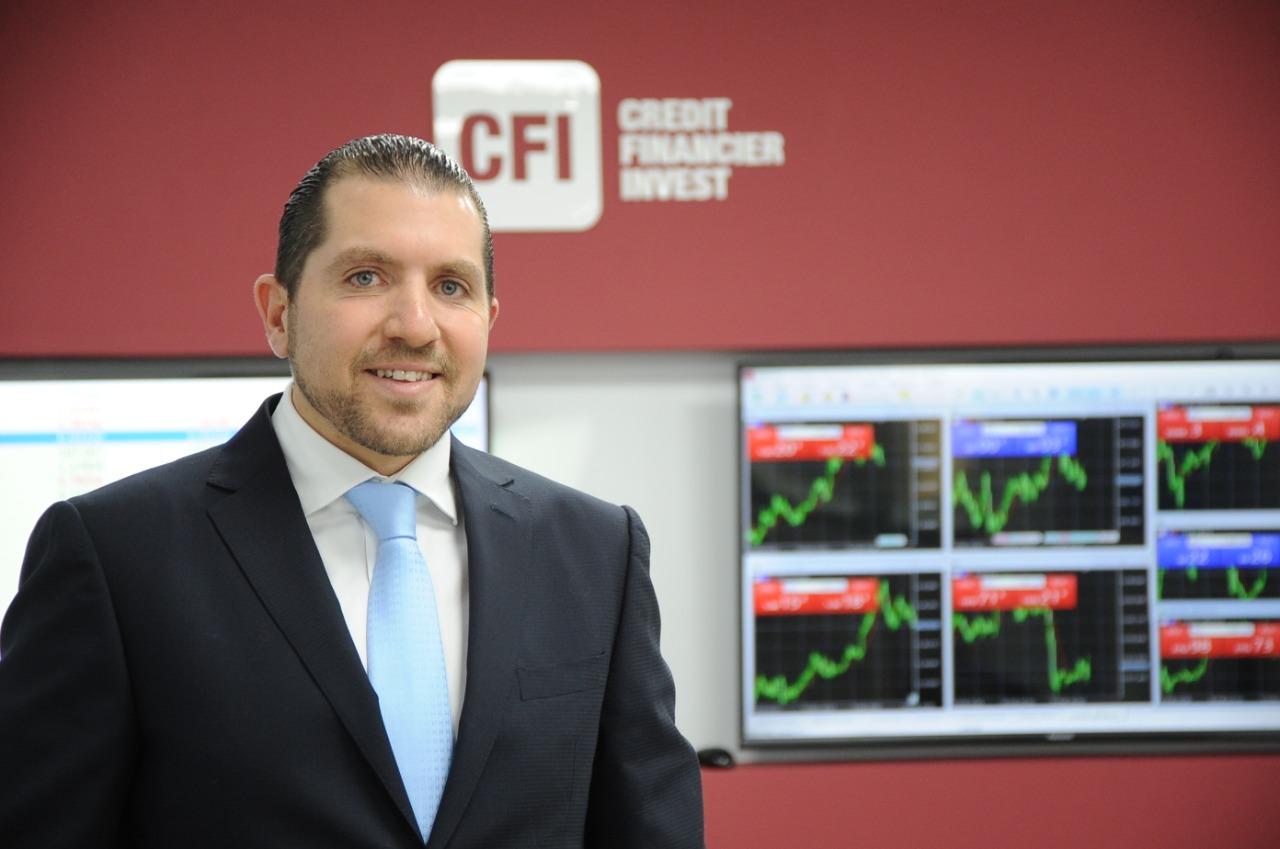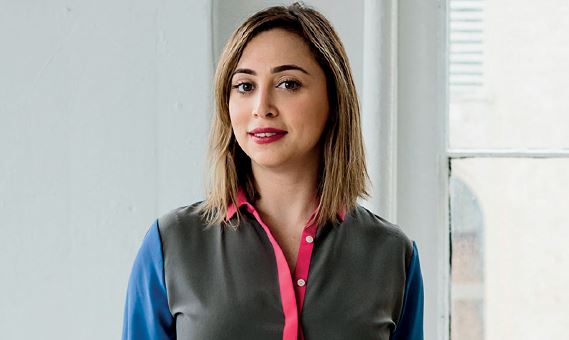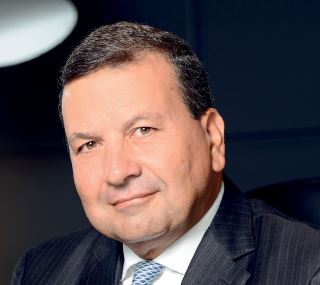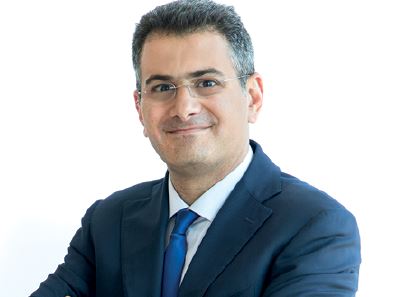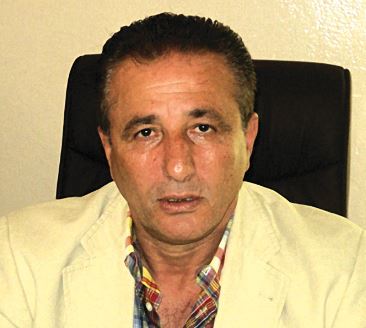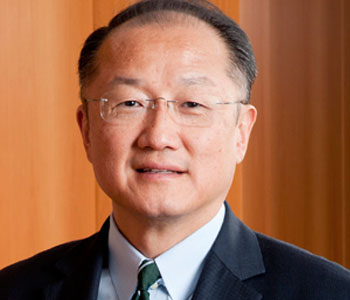[vc_row][vc_column width=”1/2″][vc_column_text]
Lebanon
According to the constitution of Lebanon, the country's economic system is free and ensures private initiative and the right to private property. The country's economy, most of which is dollarised, follows a laissez faire policy. Foreign investment is not restricted by the government and its intervention in foreign trade is also minimal. After the 2006 war, the economy went through a significant expansion and by 2018 the size of GDP increased to $54.1 billion (estimated). The country has a service-oriented economy, with banking and tourism the main growth sectors. The country's civil war (1975-90) destroyed its economic infrastructure, cut GDP by half and obstructed its position as a Middle Eastern entrepot and banking hub. Post war economic growth was made possible due to the presence of a financially sound banking system and strong medium-scale manufacturers, with international aid being one of the leading sources of foreign exchange. The Lebanese banking system has adopted a conservative approach and, consequently, the nation was unharmed by the 2007-10 financial crisis. Among the Arab states, the country has the largest population of skilled labour. Until July 2006, Lebanon's tourism sector was flourishing, but the month-long war — which erupted that year — severely damaged the tourism sector. A quarter of the country's national income goes to the top 1% rich adults, making Lebanon one of the most income-unequal countries in the world. The country has a large diaspora throughout the world and remittances received account for 1/5th of the economy. Lebanon has been ranked 137th out of 180 countries in Corruption Perception Index by Transparency International. The conflict in Syria has led to the influx of over 1 million refugees which has increased social tensions and intensified the competition for low-skilled jobs and public services. The deteriorating economic situation over the years led to nationwide protests in October 2019 against the government of Prime Minister Saad al-Harari.
[/vc_column_text][vc_column_text] Its population in 2018 was 6,093,509 [1]
Its population in 2018 was 6,093,509 [1]
 In 2015, 3.65% of its total energy
In 2015, 3.65% of its total energy
consumption was renewable [2]
 In 2021, its GDP fell by 10.52% [2]
In 2021, its GDP fell by 10.52% [2]
 In 2021 it had a positive Current
In 2021 it had a positive Current
Account Balance of US$bn 0.00 [3]
 A Big Mac will set you back the
A Big Mac will set you back the
local equivalent of US$4.31 [4]
What free trade areas or economic unions is it a member of?
Member of the Euro-Mediterranean partnership (EuroMed) since 28/11/1995
Other members:
Algeria, Egypt, Israel, Jordan, Libya, Morocco, State of Palestine, Syrian Arab Republic, Tunisia, Türkiye
What trade deals are there between Euro-Mediterranean partnership and other countries and economic unions?
None
[/vc_column_text][vc_column_text]What trade deals are there with other countries and economic unions?
MERCOSUR - Lebanon free trade agreement (from 13/02/2026)
Pan-Arab Free Trade Area (from 01/01/1998)
EU - Lebanon Association Agreement (from 01/04/2006)
EFTA - Lebanon Free Trade Agreement (from 01/07/2007)
UK - Lebanon association agreement (from 01/01/2021)
[/vc_column_text][/vc_column][vc_column width=”1/2″][vc_column_text]Rich Pickings for Carlos Slim, a Financial Prodigy who Started Young — and Kept on Going
Plus ça Change: Mired in Multiple Crises, Lebanon Votes for Continuity
CFI.co Introduces CFI Financial Group – No Relation, but a Shared Set of Values
Ayah Bdeir: Innovation, Invention from Mouths and Hands of Babes
CFI.co Meets the CEO and Chairman of FFA Private Bank: Jean Riachi
CFI.co Meets the Chairman and General Manager of Cedrus Invest Bank: Fadi Assali
Lebanon: Developing an Internet Ecosystem to Keep Young Talent at Home
From Lebanon to Brazil – Joseph Safra
CFI.co Meets the CEO of SSF: Sam Shawki Fawaz
World Bank Group President Brings Hopeful Message to Middle East
Trade with the United Kingdom
Source: UK Office for National Statistics, October 2022.
Contains public sector information licensed under the Open Government Licence v3.0.














































































